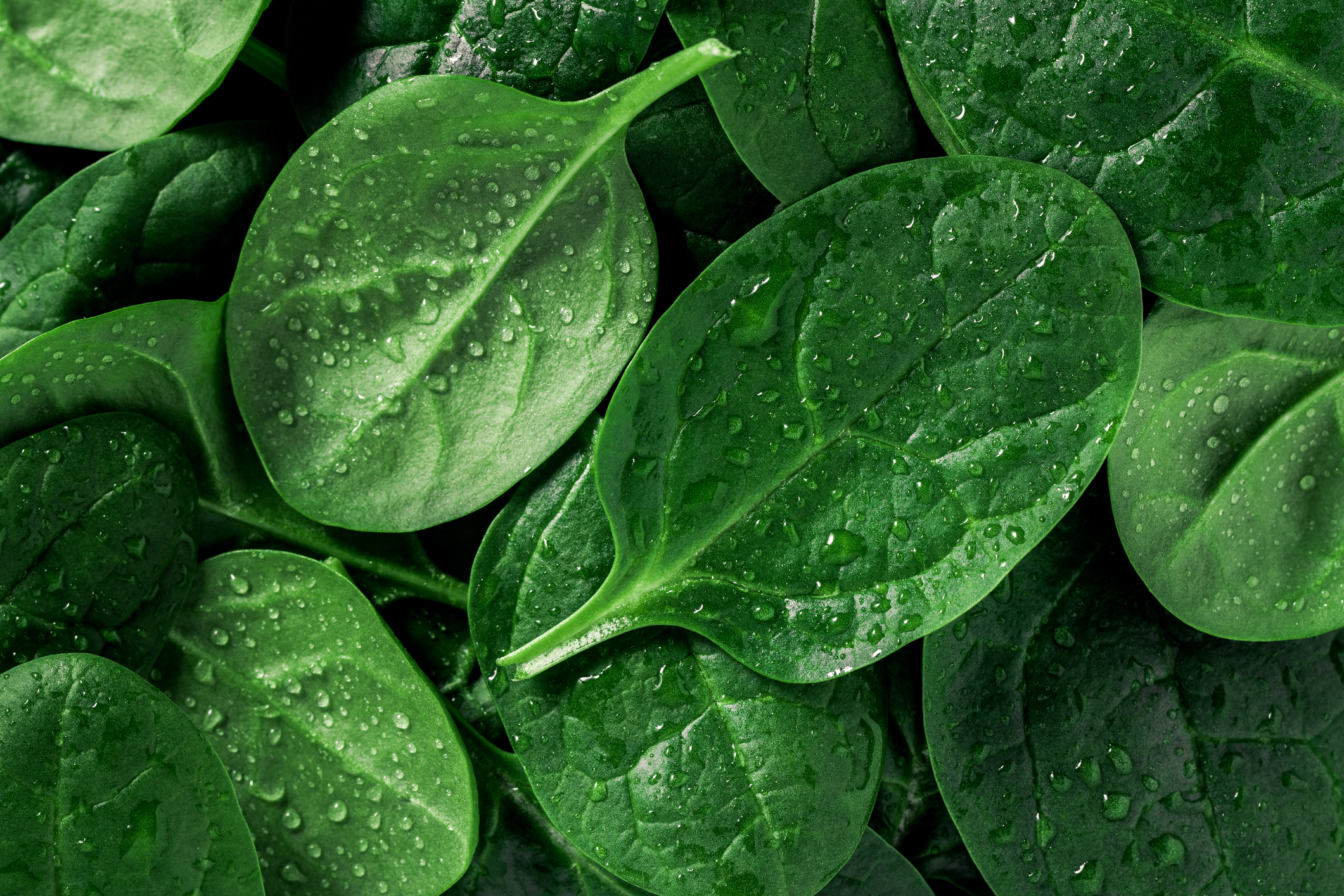Five ways your diet can help you hit pause on uncomfortable perimenopausal symptoms
Let’s start by putting the obvious out there.
Menopause and perimenopause – the transition to this time – is normal. Previously, this topic has been taboo – but now it is sneaking off as a normalised topic for conversation. And a wise thing, too – considering everyone with ovaries experiences it at one point or another.
Typically, perimenopause starts between the ages of 40-44; however, it can begin for some women in their 30s. This transition time usually lasts 8-10 years before periods cease and menopause begins.
Still, perimenopause comes with stuffy side effects… 34 of them, to be exact.
Anxious feelings, heavy periods, changes in sex drive, hot flushes, and sleep disturbances are all popularised perimenopausal symptoms.
According to a 2022 study, out of roughly 4,000 women (mostly aged 40 years and older, the most common symptoms reported by women were:
- Changes in mood – 87%
- Changes in memory – 81%
- Poor sleep – 80%
Interestingly, the least common symptoms were the ones we typically hear about with perimenopause – hot flushes (44%) and night sweats (56%). This data indicates that we should duly consider both cognitive and physical impacts when considering perimenopause.
So, who is the perpetrator that causes these symptoms?
Hormone fluctuations are to blame, unfortunately. Now, hormones are funny things. Every person has distinct amounts and reactions- like a hormone fingerprint. Some people barely blink an eye. While others are so sensitive that they feel every slight flux; hence, there are many different views and experiences of menopause.
During perimenopause, progesterone declines, estrogen is flip-flopping, and cortisol is sneakily creeping up… Gaining control of these fluctuations can help ease symptoms. An effective way to do this is through small yet effective changes to your diet.
5 Ways to Find Perimenopausal Relief Through Your Diet
1. Increase your daily intake of brassica vegetables
Brassica vegetables such as broccoli, cabbage, cauliflower, and brussels sprouts help your liver clear excess estrogen. Clearing out excess estrogen allows a healthier rebalance between it and progesterone.
As caffeine and alcohol tie your liver up doing non-essential duties, it’s best to minimise your intake, leaving spare capacity for hormone clearing.
2. Maximise your magnesium
As nature’s chill pill, magnesium can help support sleep, energy levels, and mood. It also looks after your bones, preventing bone disorders that older women are more likely to experience, like osteoporosis.
Nuts, seeds, mangoes, dark leafy greens, beans, whole grains, and Pro You Protein Blends are all rich sources of magnesium.
3. Boost your Vitamin B6
Part of the B complex vitamins, B6 assists in producing neurotransmitters – including the happy, calm ones that promote a feeling of overall zen. Dietary sources of Vitamin B6 include chickpeas, starchy veg, meat, fruits, seeds, and Pro You Protein Blends.
4. Tank up on Taurine
Taurine is an amino acid that stimulates the production of calming chemicals, supports liver detoxification, and sacrifices itself as an antioxidant to liver cells. It’s a liver’s best friend. Studies also indicate taurine as a potential bone protector – by stimulating bone formation and inhibiting bone reabsorption. Because estrogen reduces taurine production, women have a higher requirement for it than men. Animal foods are a rich source of taurine – with fish and shellfish being the highest.
5. Priortise your sleep
Lastly, adequate sleep is underrated. A good night’s sleep can reduce cortisol levels – helping the body relax, repair, and dim the fight or flight pathway. It all starts with clean sleep hygiene – minimising screen time before bed, keeping lights off when possible, and maintaining a regular bedtime (preferably one that isn’t late).
We hope conversations like these inspire open and candid discussions around perimenopause and menopause and help women regain their groove.
Until next time,
The Pro You team x







